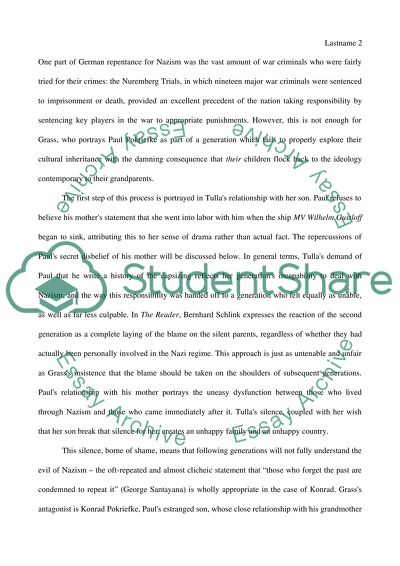Cite this document
(“History 2 Essay Example | Topics and Well Written Essays - 1000 words”, n.d.)
Retrieved from https://studentshare.org/history/1423513-history
Retrieved from https://studentshare.org/history/1423513-history
(History 2 Essay Example | Topics and Well Written Essays - 1000 Words)
https://studentshare.org/history/1423513-history.
https://studentshare.org/history/1423513-history.
“History 2 Essay Example | Topics and Well Written Essays - 1000 Words”, n.d. https://studentshare.org/history/1423513-history.


